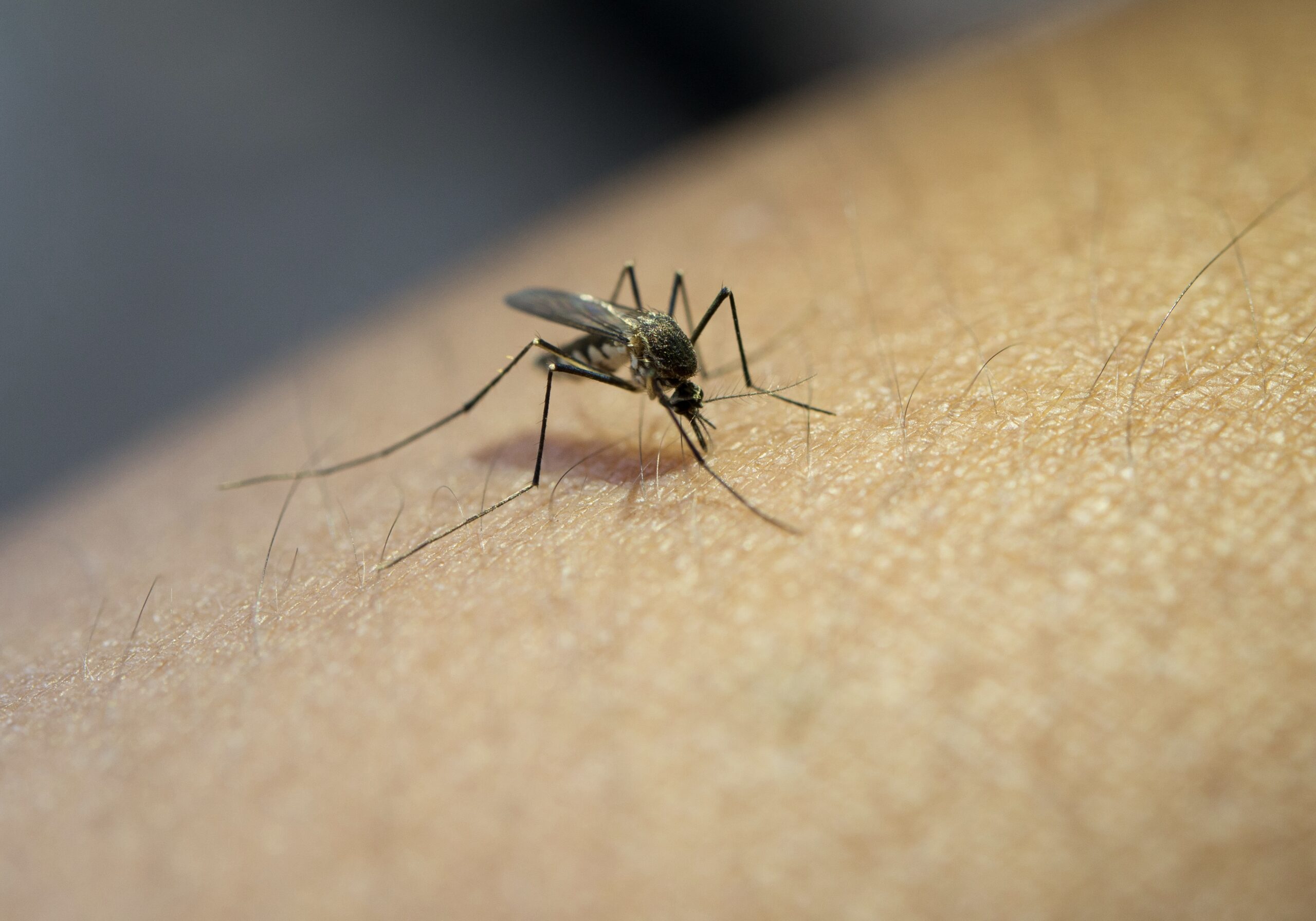Immunization with a second-generation genetically attenuated parasite was safe and provided strong protection from malaria infection in young adults, a small clinical trial in the Netherlands suggested.
Protective efficacy against malaria infection occurred in eight of nine participants (89%) receiving a late-liver-stage attenuated malaria parasite (GA2), reported Meta Roestenberg, MD, PhD, of Leiden University Medical Center in the Netherlands, and co-authors in the New England Journal of Medicineopens in a new tab or window.
As a comparator, the researchers assessed the effectiveness of a previously developed early-arresting parasite (GA1) and found that one of eight people (13%) was protected from infection. Three participants in the study received a placebo and all developed infection. Adverse events were similar across groups.
The proof-of-concept trial was among the first to test a new method of immunizing humans against malaria by genetically altering the Plasmodium falciparum parasite. The parasite spurred an immune response while replicating in the liver but died before it could leave and cause disease, said co-author Matthew McCall, MD, of Radboud University Medical Center, also in the Netherlands.
Read more of my story in Medpage Today.
(Image of mosquito by jcomp on Freepik)

